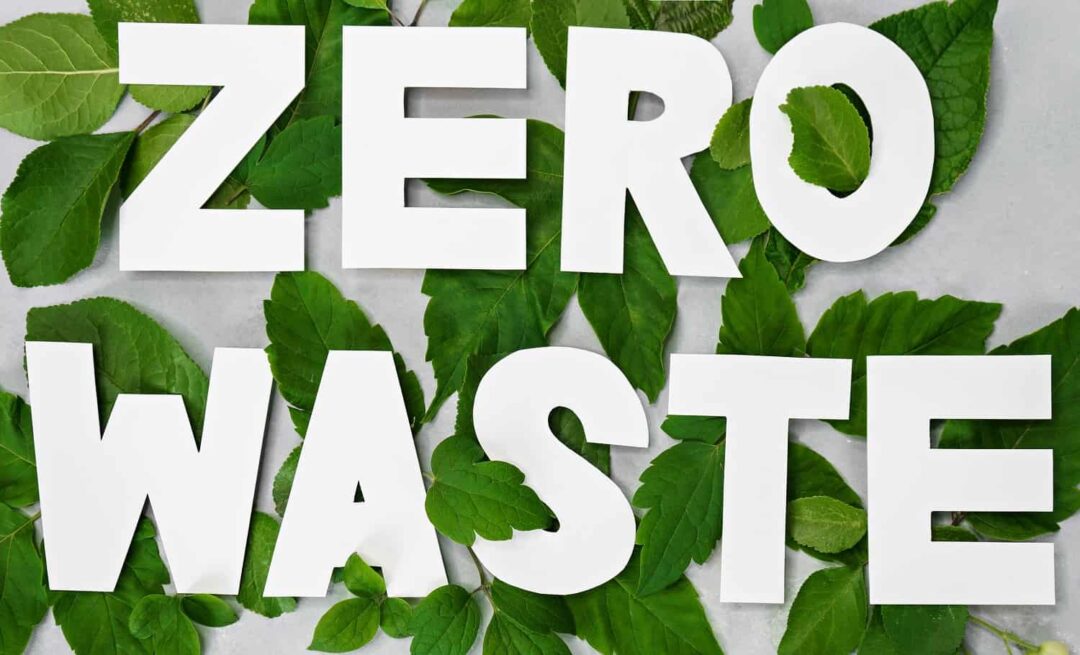One example the press release notes of DolCas’ upcycling: TruOliv polyphenol extract, composed of Moroccan olive leaves and whole fruit, including skin. The remaining mass of pits, branches, and unused fruit will be upcycled into smoke-free, natural charcoal briquettes. The solvent-free, organic extract and charcoal come from a regenerative, vertically integrated operation.
“As with many trends that develop from shared agendas, the uncompromising interest in sustainability and health-awareness is expected to energize the growth trajectory for clean-label products,” says K. G. Rao, President of DolCas, in the press release. “The nutraceuticals industry faces the unique challenge of delivering clinically efficacious end products that merge nutrition with pharmaceutical precision, without concessions for environmentally unfriendly processes or synthetic ingredients.”
Related: Study Supports Bergacyn For Liver and Vascular Benefits Ardent Mills Announces New Corporate Social Responsibility Program Most Dietary Guidelines Incompatible with Sustainability, Health Targets
Another example: Bergacyn, which contains bergamot fruit polyphenols, fiber, and wild-crafted artichoke thistle leaf. The artichoke component is a variety that comes from the Calabria region of Italy, where it is considered a weed; however, DolCas’ extraction process results in a clinically studied bioactive compound, the press release says. And with regards to the bergamot, Dr. Shavon Jackson-Michel, Director of Medical & Scientific Affairs, explains: “The peel of the bergamot fruit has traditionally been prized for the extract of its essential oil for use in the perfume industry. The fruit itself—pulp and juice included—were considered nothing more than waste. In fact, it’s been reported that it takes roughly 100 bergamot fruits to produce a mere three ounces of essential oil. This constitutes substantial loss. Moreover, the rich polyphenols in bergamot, if not properly discarded, can lead to soil contamination.”The press release cites Euromonitor International’sSustainability Survey 2019, which found that 66% of nutraceutical industry professionals believe that sustainability initiatives are critical to success. Innova Market Insights has performed consumer research which found that consumers have high expectations around sustainability.
Dr. Jackson-Michel concludes: “During our 13 years in business, we recognized that when we honor the values of quality, purity, and sustainability, positioning our products becomes easier because we know with assurance that we aren’t shortchanging the most important person in this chain—the consumer.”










